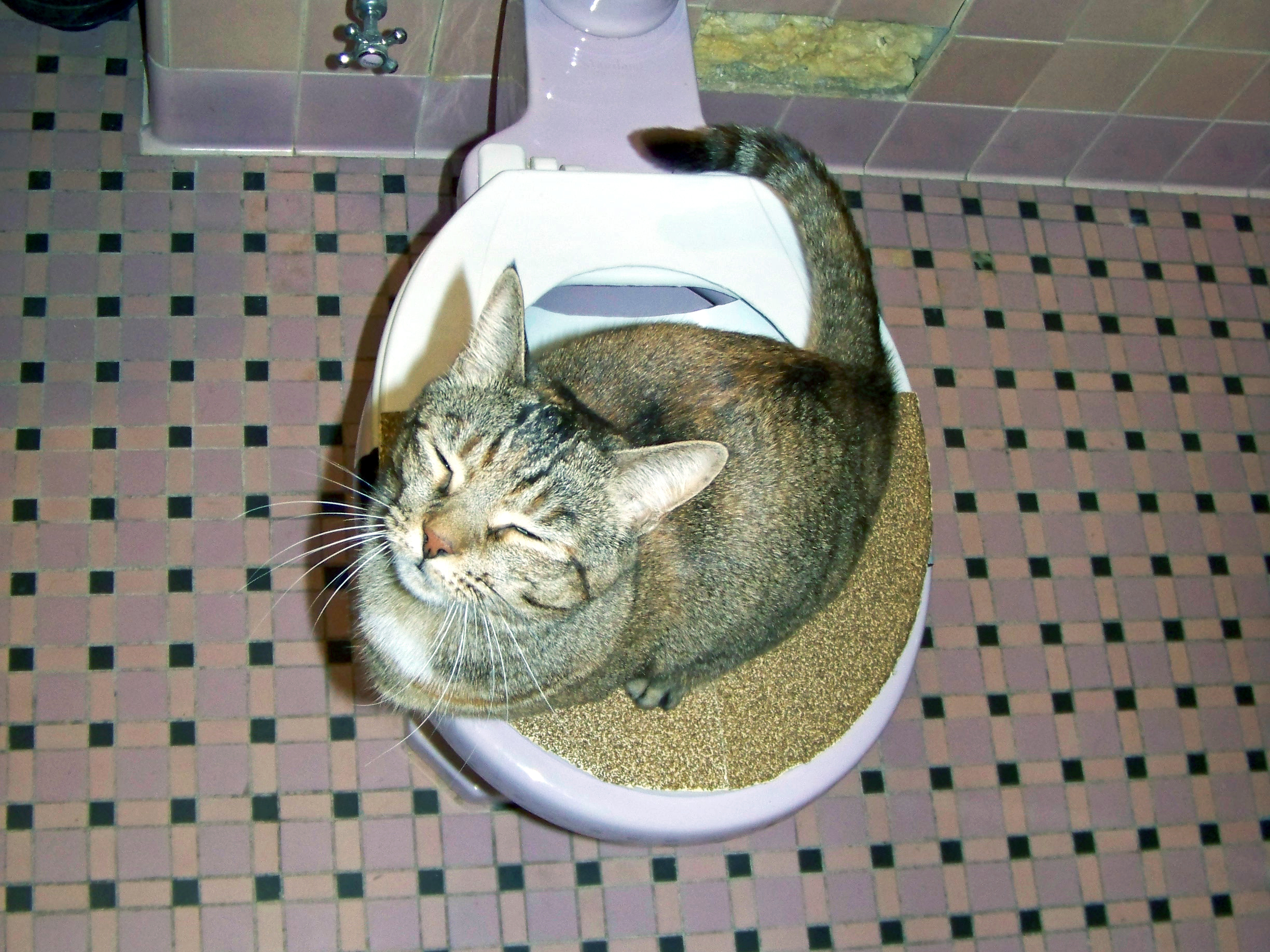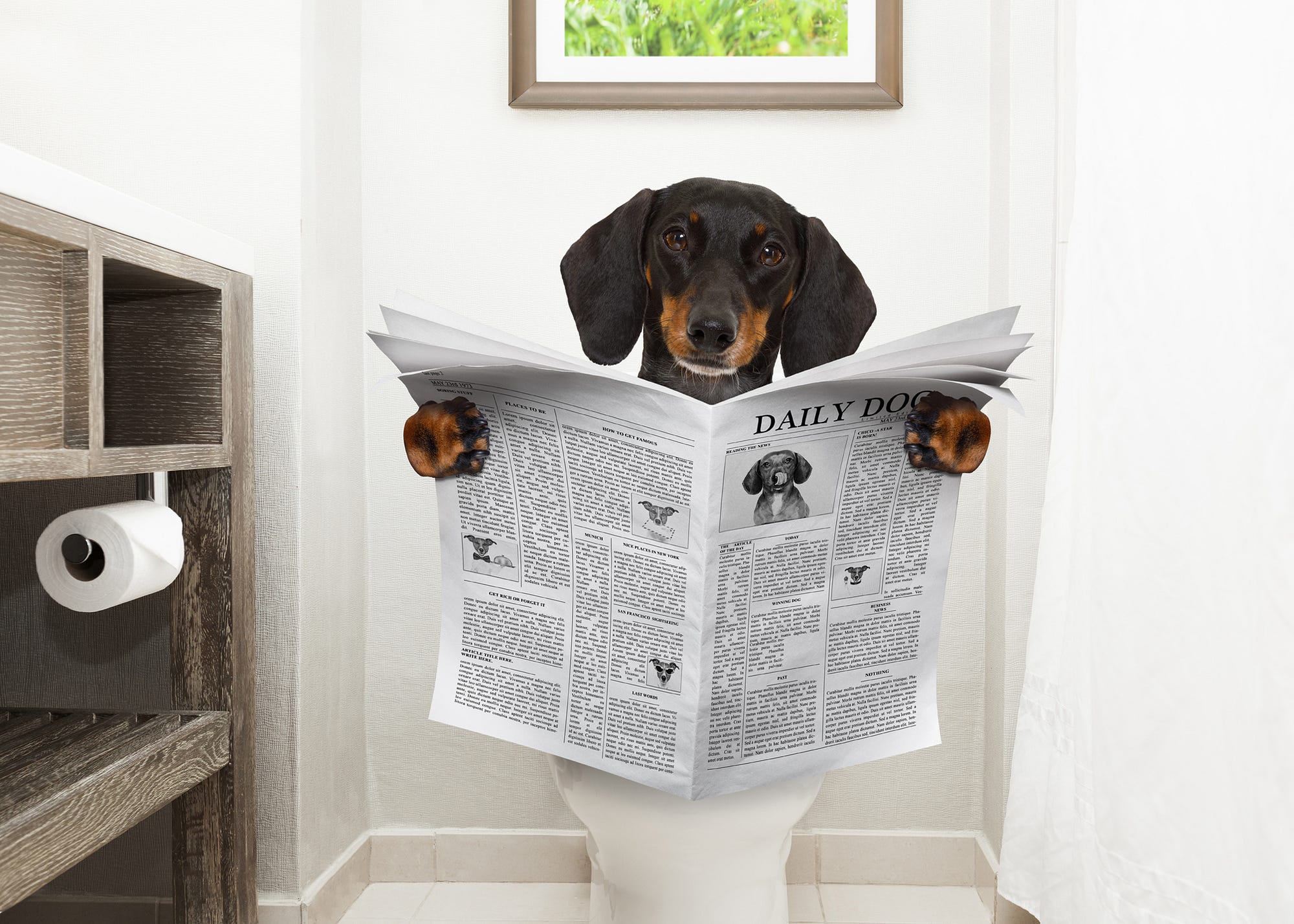This article underneath about 10 Things You Should Never Flush Down The Toilet is relatively engaging. Read it for your own benefit and figure out what you think about it.

When it pertains to taking care of waste, specifically animal waste, lots of people commonly turn to the practical choice of flushing it down the toilet. However, this seemingly very easy option can have significant repercussions for the atmosphere and public health. In this write-up, we'll check out why flushing animal waste down the commode is a poor concept and provide alternate approaches for proper disposal.
Intro
Appropriate garbage disposal is critical for preserving ecological sustainability and public health. While it may seem harmless to purge animal waste down the commode, it can lead to various problems, both for the atmosphere and human health.
Dangers of flushing animal waste
Ecological impact
Purging pet waste introduces hazardous bacteria and virus right into waterways, which can adversely influence aquatic communities. These virus can infect water sources and harm marine life, interfering with fragile environments.
Public health problems
Pet waste contains unsafe microorganisms such as E. coli and Salmonella, which can pose major health threats to people. Purging animal waste down the bathroom can pollute water supplies, resulting in the spread of conditions and infections.
Alternatives to flushing
Rather than flushing animal waste down the bathroom, there are numerous alternate disposal techniques that are extra environmentally friendly and sanitary.
Composting
Composting pet waste is an eco-friendly method to get rid of it. By composting, raw material is broken down into nutrient-rich dirt, which can be used to feed gardens and plants.
Landfill disposal
Dealing with pet waste in a landfill is an additional alternative. While not as environmentally friendly as composting, it is a much safer option to flushing, as it prevents the contamination of water sources.
Pet waste disposal systems
There are specific pet dog waste disposal systems readily available that safely and hygienically throw away pet waste. These systems often make use of enzymes to break down waste and get rid of smells.
Steps to proper animal waste disposal
To make certain proper disposal of pet waste, comply with these steps:
Scooping and bagging waste
Routinely scoop and bag animal waste making use of biodegradable bags. This prevents waste from contaminating the setting.
Making use of assigned waste bins
Dispose of bagged pet waste in designated waste containers, such as compost containers or landfill bins. Avoid flushing it down the toilet whatsoever costs.
Cleaning litter boxes and pet dog locations consistently
On a regular basis tidy can and pet dog locations to avoid the buildup of waste and germs. Use pet-safe cleansing items to preserve health.
Benefits of appropriate disposal methods
Embracing correct disposal methods for pet waste provides a number of advantages:
Decreased environmental pollution
Appropriate disposal techniques decrease the threat of environmental pollution, protecting waterways and environments from contamination
Lessened risk of water contamination.
By staying clear of flushing animal waste down the bathroom, the risk of water contamination is substantially minimized, safeguarding public health.
Improved hygiene and health
Correct disposal approaches advertise better hygiene and hygiene, creating a more secure atmosphere for both humans and pets.
Conclusion
Finally, flushing animal waste down the commode is hazardous to the setting and public health. By adopting alternative disposal methods and following appropriate waste monitoring practices, we can reduce the adverse impact of animal waste and contribute to a cleaner, healthier world.
What To Do With Dog Poo – The Do's And Don'ts Of Disposing Of Faeces
Dog poo bins
Some councils provide dedicated dog waste bins in popular dog-walking areas that can take dog poo that has been bagged but you can legally dispose of dog waste in any public litter bin, as long as it is securely bagged. This also applies to your wheelie bin at home.
Do not flush
Water companies do not recommend flushing dog faeces down the toilet because certain parasites can survive the water processing treatment and are potentially harmful to humans. You should also never consider flushing dog poo that has been bagged down the toilet as the bags will not break down and instead create severe blockages in the sewage system.
In the woods
The Forestry Commission promotes a ‘stick and flick’ method for dealing with waste in the woods. This means finding a stick and using it to flick any poo from off the path so that it is out of the way of other walkers. You could also bury it as long as it is not in an area where there might be livestock.
Livestock
Parasites found in dog poo can be transmitted to livestock if they inadvertently eat infected faeces that has been left on grazing land. This could result in the death of sheep or abortion in cattle so you should always make sure you pick up your dog’s waste in fields where livestock could be present.

On a regular basis tidy can and pet dog locations to avoid the buildup of waste and germs. Use pet-safe cleansing items to preserve health.
Benefits of appropriate disposal methods
Embracing correct disposal methods for pet waste provides a number of advantages:
Decreased environmental pollution
Appropriate disposal techniques decrease the threat of environmental pollution, protecting waterways and environments from contamination
Lessened risk of water contamination.
By staying clear of flushing animal waste down the bathroom, the risk of water contamination is substantially minimized, safeguarding public health.
Improved hygiene and health
Correct disposal approaches advertise better hygiene and hygiene, creating a more secure atmosphere for both humans and pets.
Conclusion
Finally, flushing animal waste down the commode is hazardous to the setting and public health. By adopting alternative disposal methods and following appropriate waste monitoring practices, we can reduce the adverse impact of animal waste and contribute to a cleaner, healthier world.
What To Do With Dog Poo – The Do's And Don'ts Of Disposing Of Faeces
Dog poo bins
Some councils provide dedicated dog waste bins in popular dog-walking areas that can take dog poo that has been bagged but you can legally dispose of dog waste in any public litter bin, as long as it is securely bagged. This also applies to your wheelie bin at home.
Do not flush
Water companies do not recommend flushing dog faeces down the toilet because certain parasites can survive the water processing treatment and are potentially harmful to humans. You should also never consider flushing dog poo that has been bagged down the toilet as the bags will not break down and instead create severe blockages in the sewage system.
In the woods
The Forestry Commission promotes a ‘stick and flick’ method for dealing with waste in the woods. This means finding a stick and using it to flick any poo from off the path so that it is out of the way of other walkers. You could also bury it as long as it is not in an area where there might be livestock.
Livestock
Parasites found in dog poo can be transmitted to livestock if they inadvertently eat infected faeces that has been left on grazing land. This could result in the death of sheep or abortion in cattle so you should always make sure you pick up your dog’s waste in fields where livestock could be present.

As an enthusiastic reader about Why you should never flush dog poop down the toilet, I figured sharing that piece of content was essential. Remember to pause to share this post if you enjoyed it. Thanks so much for going through it.
Call Today